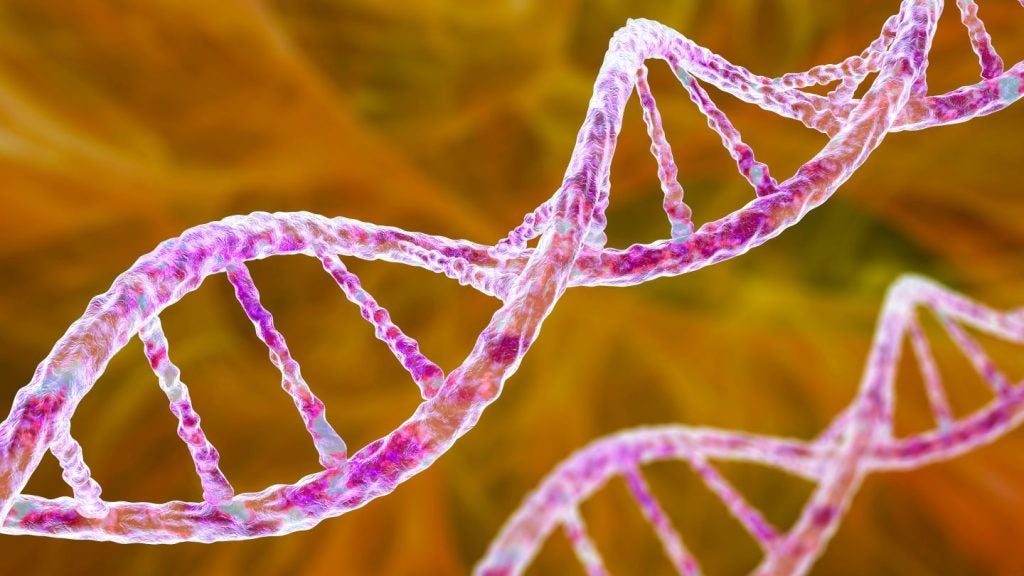YolTech Therapeutics has dosed the first subject in an investigator-initiated trial (IIT) of YOLT-101, an in vivo genome editing candidate for familial hypercholesterolemia (FH).
The open-label, single-arm, dose-escalation trial aims to establish the safety and tolerability of YOLT-101, and also identify an optimal biologically active dose (OBD).
It will also evaluate the preliminary impact of the drug on plasma lipid and lipoprotein levels.
YOLT-101 uses advanced gene editing technology and lipid nanoparticle (LNP) delivery systems to target specific genetic mutations responsible for FH.
Preclinical data have shown that a single dose of YOLT-101 can significantly reduce LDL-C levels for up to two years in non-human primate models.
A genetic disorder, FH impairs the body's ability to remove low-density lipoprotein (LDL) cholesterol from the blood.
YOLT-101 is designed as a one-time, in vivo liver base editing treatment. It aims to permanently deactivate the PCSK9 gene in the liver, which is expected to lower the LDL-C levels that drive the disease.
The trial includes patients with high-risk heterozygous FH, established atherosclerotic cardiovascular disease, and uncontrolled LDL-C levels despite oral standard-of-care therapy.
YolTech founder and CEO Dr Yuxuan Wu said: “The successful administration of YOLT-101 marks a significant breakthrough for in vivo gene editing therapies in this field. We anticipate YOLT-101 delivering unprecedented clinical outcomes for patients with familial hypercholesterolemia.
“We extend our gratitude to all researchers, partners, and supporters involved in the YOLT-101 project and we anticipate that YOLT-101 will offer new treatment options for patients.”
The latest development comes after the company dosed the first subject with YOLT-201 in the Phase I trial for treating hereditary transthyretin amyloidosis with cardiomyopathy (ATTR-CM).









